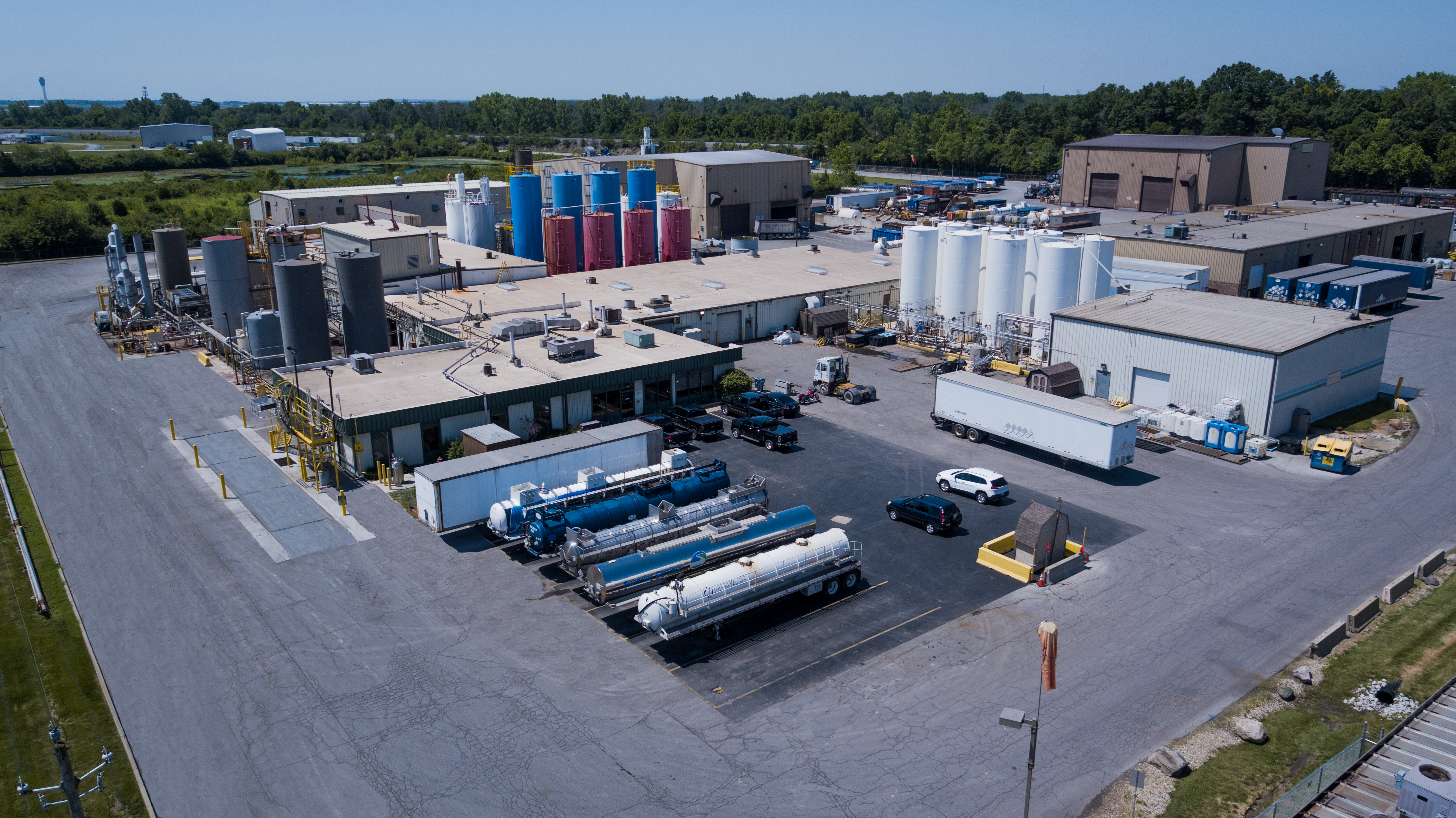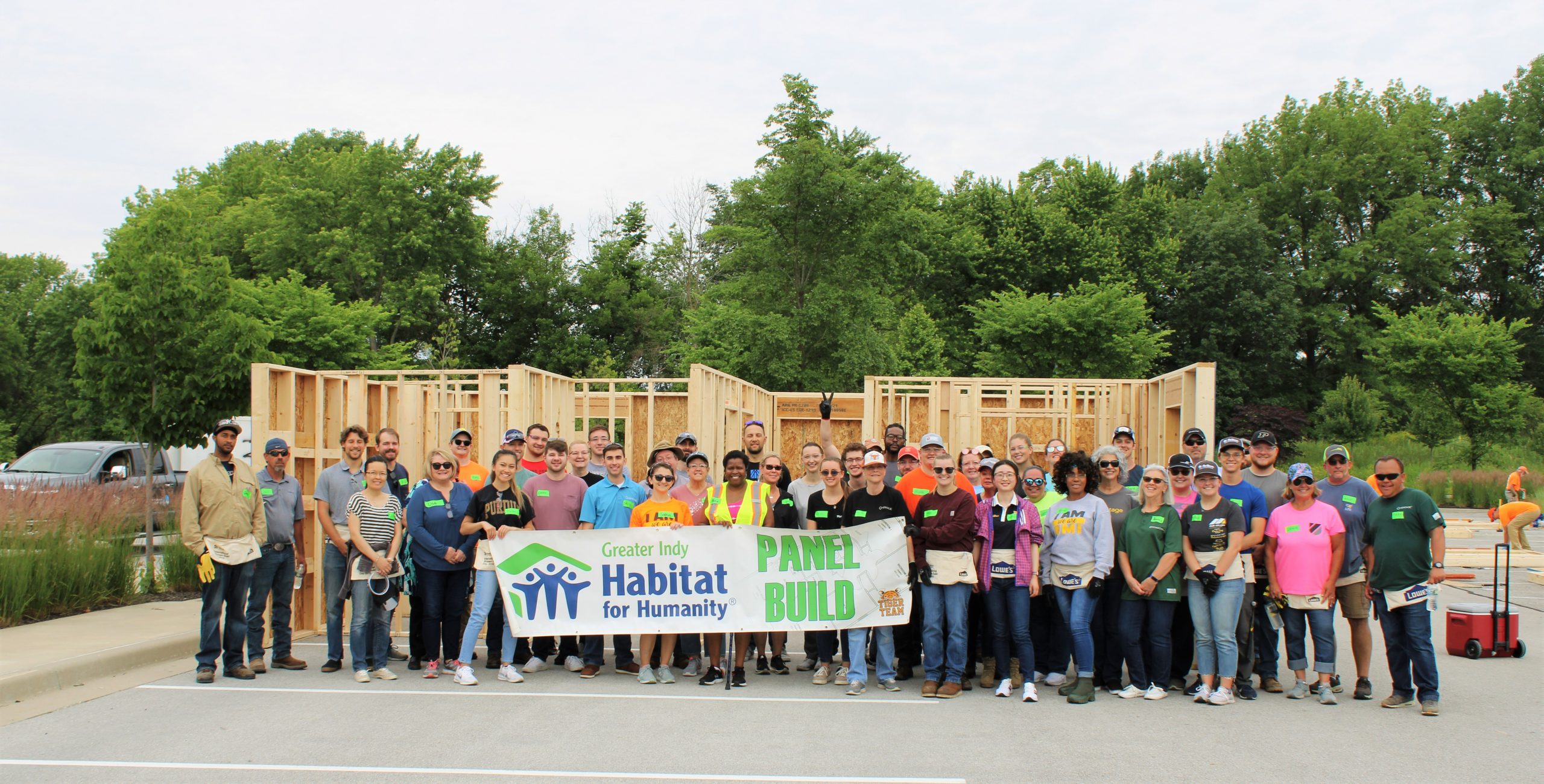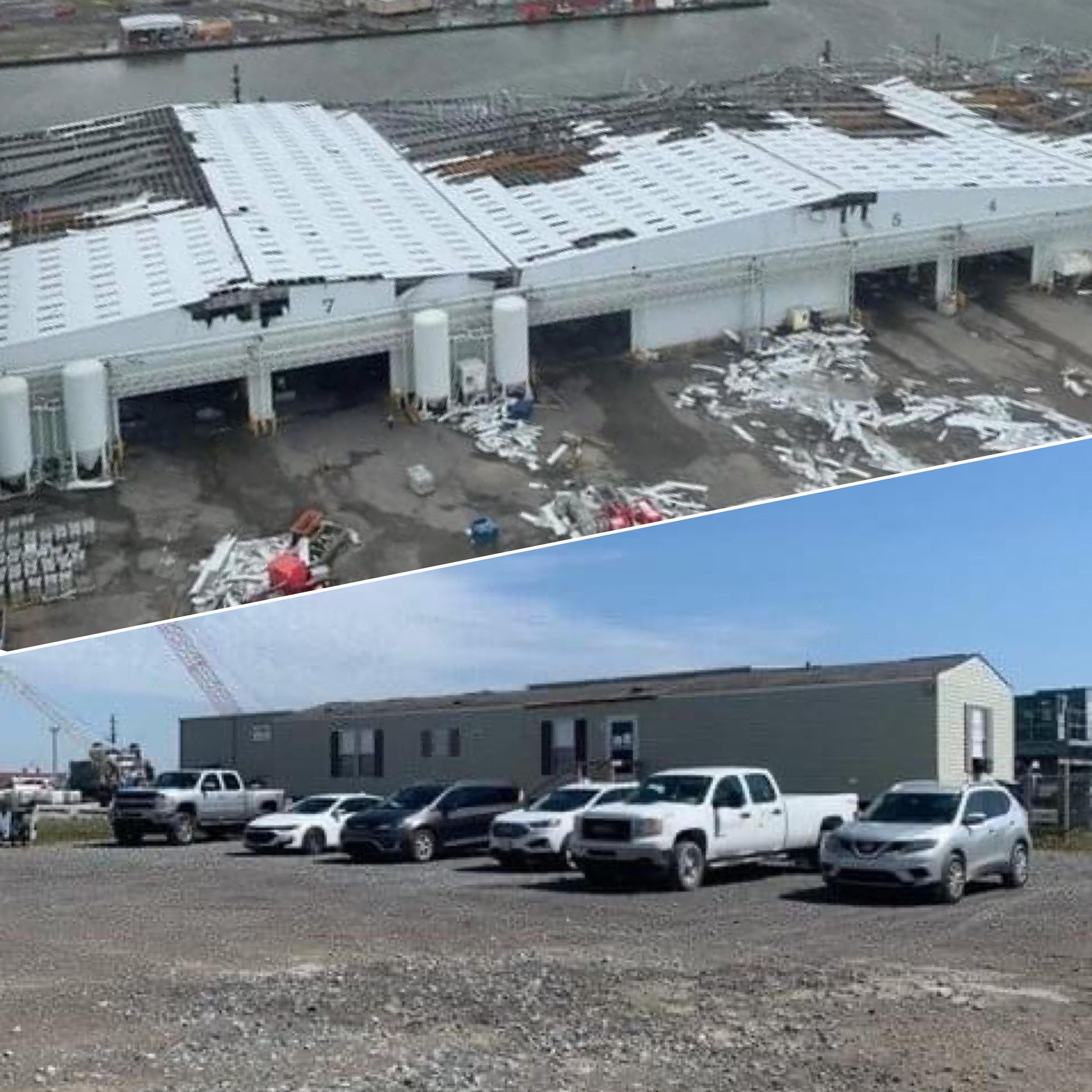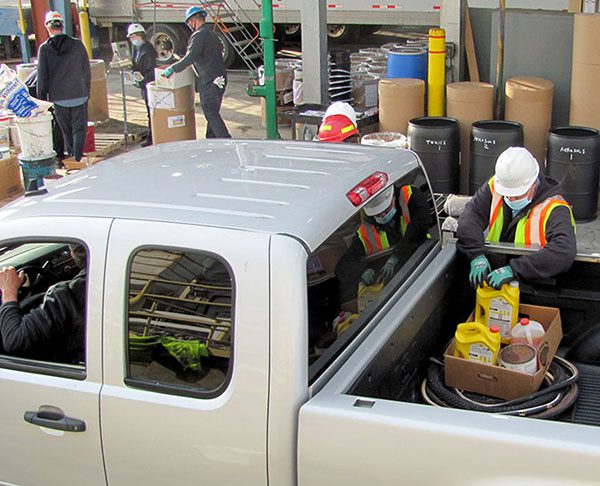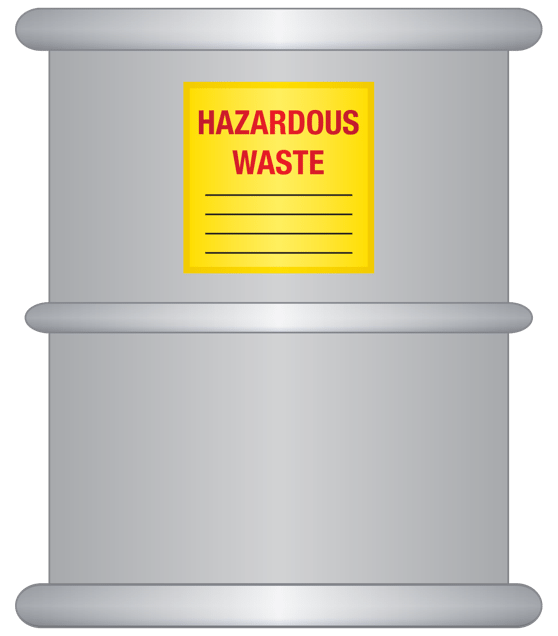
With its ongoing importance, we want to update and inform on this old topic! Local, state and federal environmental agencies use the inspection process to verify that hazardous waste generators are following the rules. Over the last number of years, and with the implementation of the Generator Improvement Rules, we have a better understanding of what rules are consistently looked at, and can result in citations and fines if not followed. Below you will find rule violations and how to avoid them.
 Failure to Make a Waste Determination
Failure to Make a Waste Determination
Avoid this by:
- Make a determination on all waste generated on-site.
- Treat unknown material as a hazardous waste during the determination process (label, close, date, etc.)
- Keep necessary documentation for both hazardous and non-hazardous waste.
Knowing what you generate and if it is hazardous will help you make the determination as to what size generator you are, and what rules you need to follow…as well as ensuring that you aren’t improperly disposing of hazardous waste as non-hazardous and creating liability issues for your company.
 Adequate Aisle Space
Adequate Aisle Space
Avoid this by:
- Ensuring that you can get to all of your containers in your 90/180 accumulation area
- Ensuring that if a container has an issue, emergency responders can get to that container
- Ensure that incompatibles are separated in some way (dike, berm, wall) to reduce risk of fire, release, explosion
The regulations do not indicate a specific distance for adequate aisle space. Check state regulations for any state guidelines, or even fire marshal guidance.
 Failure to Perform Weekly Inspections of Hazardous Waste Storage Areas
Failure to Perform Weekly Inspections of Hazardous Waste Storage Areas
Avoid this by:
- Perform the inspections on the same day every week
- Mondays and Fridays are not a good choice
- Have a back-up inspector
- Document inspections on an inspection log
Make sure that your employees aren’t just documenting what issues they found, but also how the either mitigated them at that time, or if the issue was mitigated at a late time, how and when. Under the Generator Improvement Rules, remember that weekly inspections must now be completed “at least weekly” and must specifically look for containers that are leaking AND containers that have deteriorated due to corrosion.
 Contingency Planning Violations
Contingency Planning Violations
Avoid this by:
- Designate an emergency coordinator
- Keep information up to date and on-site
- Ensure all required elements are included
- For LQG’s, document submittals to local authorities
Do you know your capabilities? Do you know your local emergency responder’s capabilities for large release mitigation? Have you considered contracting with Heritage for your emergency response if you or your local responders aren’t able to mitigate large emergencies or decontamination’s?
 Marking and Labeling of Containers
Marking and Labeling of Containers
Either with “hazardous waste” OR Words describing the container contents
Avoid this by:
- Review and understand the definition of a satellite accumulation area
- Label your container once the first drop of hazardous waste is added to the container.
The GIR requires the words “Hazardous Waste” as well as an indication of the hazard (DOT diamond, GHS pictogram, etc.) in both satellite and central accumulation areas. Proper marking of containers will reduce the mixing of incompatible wastes, and potentially and emergency situation.
 Separate incompatibles
Separate incompatibles
Avoid this by:
- Appropriately marking and labeling your containers
- Training your employees about certain incompatibles (acids and caustics in the same container) based on waste determinations
- Not placing materials in an unwashed container
The more you know about the wastes you have, the better prepared you are for reducing the risk of fires, releases or explosions.
 Training
Training
Avoid this by:
- Knowing what your training requirements are based on your generator status
- Documenting when you received your training
- Documenting what training you are providing your employees based on their job responsibilities
LQGs are required to have training annually, have a written training plan and that employees are training within 6 months of being hired to work in the company’s hazardous waste program. SQG employers need to show that the employees understand the rules based on their performance (i.e., do they know the rules and how they apply to the job).
 Open Container Violations
Open Container Violations
Avoid this by:
- Rule of Thumb- if the contents would spill if the container was overturned, then the container is considered open
- Close and latch funnels; screw in bungs; use drum rings and tighten bolts
- Train employees to close containers when not adding or removing waste
Satellite and central accumulations area containers, as well as those for used oil, contaminated wipes, universal wastes, must be kept closed unless adding or removing material from the container. Are you ensuring that your containers are adequately closed?
 Storage Area Accumulation Date Violations
Storage Area Accumulation Date Violations
Avoid this by:
- Once 55 gallons of hazardous waste or 1 quart of acute hazardous waste is exceeded at the satellite accumulation area, storage area dating requirements apply after three days.
- Make sure all containers of hazardous waste in storage are marked with waste accumulation dates during weekly inspections.
 90/180-day violations
90/180-day violations
Avoid this by:
- Knowing what hazardous waste you generate and how much you generate in a given month
- Notify your state EPA office that you are a hazardous waste generate
- Know the rules that apply based on your generator status
This really captures all of the responsibilities you have as a generator in one major category. If you don’t do waste determinations, you don’t know what hazardous waste you generate and what size generator you are. From there, you may not know how long you are allowed to store hazardous waste on site, and when it needs to be transported for disposal. This could lead to storage violations, and a host of other violations based on how the rules apply to you, and if you follow them.
Learn more about our Hazardous Waste Services.
More News From Heritage
-
Published Articles 8/2/22
How Safety, Maintenance, and Reliability Are Intertwined
VP of Health and Safety Jim Mangas discusses the importance of plant safety, maintenance, and reliability (featured in BIC Magazine July/Aug '22)
-
Blogs 7/28/22
Spotlighting Our Environmental Interns
Highlighting some of the wonderful interns we have at Heritage this year!
-
Blogs 7/11/22
Turning Hazardous Waste into an Alternative Fuel
In this blog we walk you through the process of fuel blending, where we can turn hazardous waste materials into a viable alternative fuel source.
-
Community News 6/15/22
2022 Habitat for Humanity Build
Our 12th annual Habitat for Humanity Build
-
Blogs 4/13/22
After Hurricane Ida, Our Port Fourchon Office Rebuilds
On August 28th, 2021, the Louisiana coast was battered by Hurricane Ida. This included our Port Fourchon Service Center, where the devastating hurrica
-
Community News 4/7/22
Heritage readies for Earth Day HHW collection in East Liverpool
Heritage Thermal Services is pleased to announce that its collection of household hazardous wastes for the East Liverpool area returns for 2022.
-
Published Articles 4/2/22
The Impact of Changing Conditions
VP of Health and Safety Jim Mangas discusses preparedness for unexpected conditions during a project. (featured in BIC Magazine March/April '22)
-
Blogs 3/11/22
International Women’s Week Spotlight – Rachel McGrogan
Rachel McGrogan speaks about her time as a Lab Chemist at Heritage.
